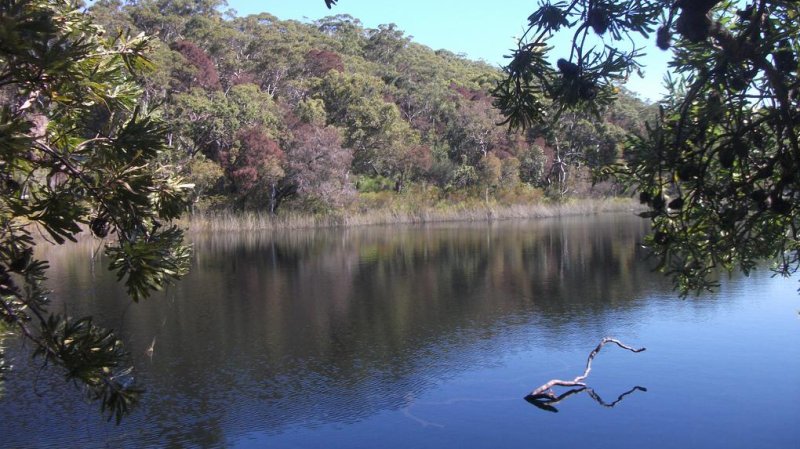Blue Lake, Stradbroke Island, Australia. (Archmage01 on Flickr)
A gorgeous lake on an island off the eastern coast of Australia that has remained remarkably stable for thousands of years could lead to a breakthrough in understanding of how freshwater ecosystems react to climate change.
Researchers studying Blue Lake on Stradbroke Island, off the coast of Queensland, found the lake is in essentially the same condition as it was 7,500 years ago -- untouched by human interference or affected by climate change.
In a study published in the journal Freshwater Biology, University of Adelaide researchers compare water quality to historical photos over the last century, as well as fossil pollen and algae, to determine the historical chemistry of the lake.
What they found was remarkable: The lake's shape, size, and chemistry were essentially unchanged for millennia, a phenomenon that appears to be unique among the freshwater lakes they studied.
"It's like God's bathtub," lead researcher Dr. Cameron Barr said, describing the lake's incredible clarity. "It is absolutely beautiful."
The region experienced at least one significant shift in climate in that 7,500-year period, when, 4000 years ago, the climate became much drier. And over recent decades, Barr said, variations in climate have had no discernible impact on the lake's chemistry, depth or shoreline.
Contributing to the lake's stability was possibly Stradbroke Island itself: A sand island, the water replenished itself approximately every 35 days.
"It appears that Blue Lake has been an important climate 'refuge' for the freshwater biota of the region, and is in the same condition now as it was 7500 years ago," Barr said.
"With appropriate management, the lake could continue relatively unchanged for hundreds, possibly thousands of years to come," he said.
Barr would not speculate if tourism would change the lake, but noted sunscreen does introduce chemicals that can change the chemistry of lakes.







